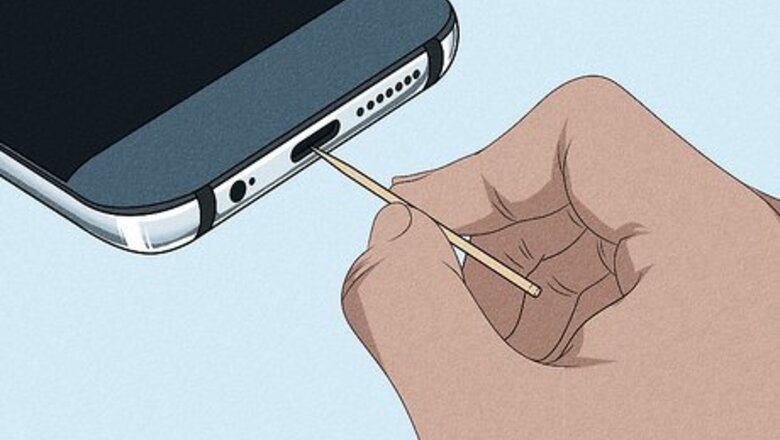
views
Reviving a Non-Removable Battery
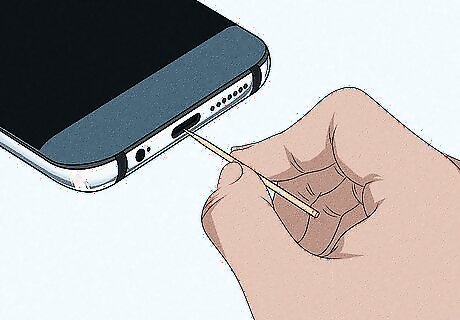
Check the Charging Port. Where you plug the charging cable into your phone is called the charging port. If this has collected a lot of dust, dirt, or debris, you may not be able to charge your phone. You can get a can of air or a small tool, like a toothpick, to clean it. Some electronics contact cleaner might work here and remove any corrosion.
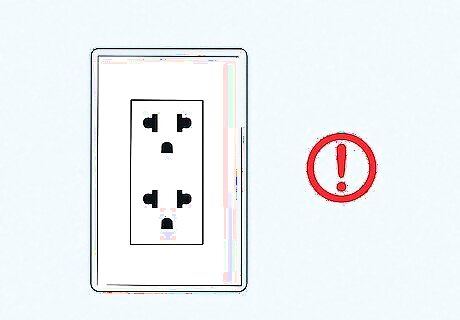
Sometimes all you need to do is check your power outlet to make sure it's working. Try plugging a lamp into that same switch. If the light comes on, then you know the outlet works and is not causing the issue of your dead battery. Continue using this outlet to charge your phone's battery. If the lamp light doesn't turn on, you know there's an issue with the outlet and can try plugging your phone into a different outlet.
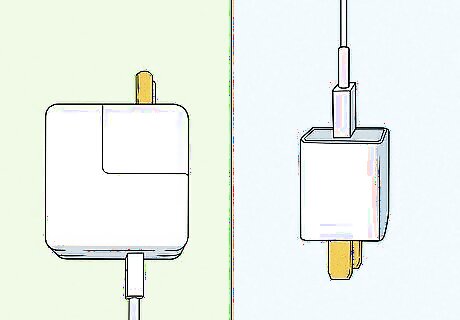
Try another charger. A broken or incompatible charging cable or adapter could be the reason for your dead battery. In that case, use a different charger or adapter to see if your battery charges. You can purchase adapters or cables from almost any retailer like Walmart, Amazon, or the corner shop. You can also borrow your friend's charger to see if it will work for you. You can try changing the cable first, but if your phone still doesn't charge, try your old cable with a new adapter (if you use one). If your phone charges with a new cable or adapter, you can skip the rest of these steps and instead charge your phone for a while.
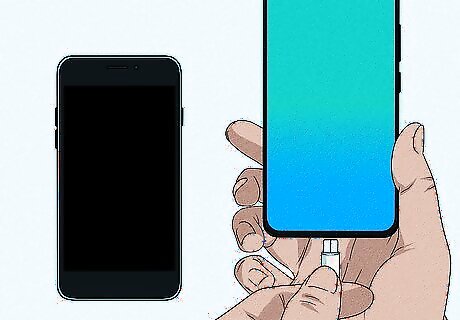
Use your charger with another phone. You want to make sure your phone battery is dead and not charging by making sure your charger works with a different phone. If it doesn't, you know that the cable, adapter, outlet, or your phone's charging port might still be the issue. If moisture has gotten into this port, it may cause damage to your phone or prevent you from charging the battery until it is dry. You can set it upright with silica gel packets so the moisture drains out and dries. Make sure the pins here are intact. If they are broken, you may not be able to charge your phone's battery. Fixing this yourself might damage the phone, so take it to a service center.
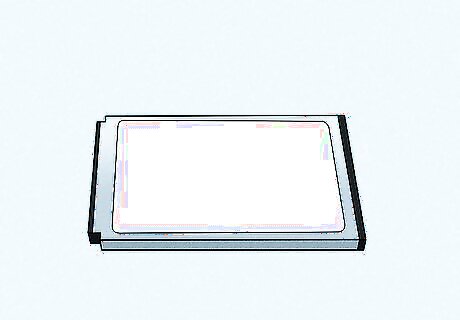
Replace the battery. If none of the previous troubleshooting steps worked for you, you might actually have a battery that's past its lifespan and needs to be replaced. Go to a service center to replace your battery since you can't easily remove it and replace it yourself.
Jump-starting a Removable Battery
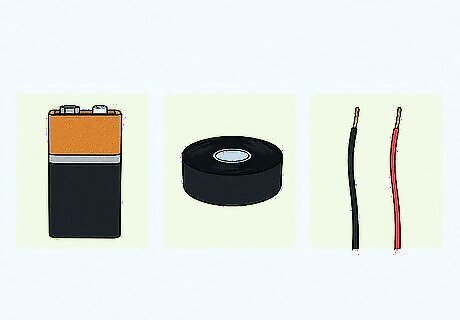
Gather your materials. First, gather a 9-volt battery (any brand will do), electric tape (you’ll need no more than five inches), and electrical wire (basic thin electrical wire will do, but red (+) and black (-) are preferred).
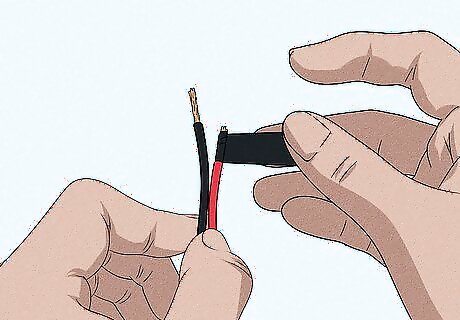
Cover the connections with electric tape. Take note of which wires go to which terminals of the battery, as not to connect a positive side to a negative.
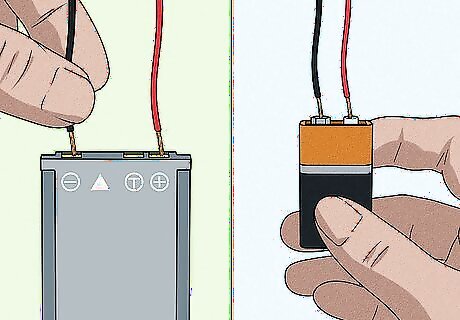
Connect the wire coming from the positive terminal of the cell phone battery to the positive terminal of the 9-volt battery. Do the same with the negative wire. Do not connect opposite polarity, positive to negative, because this can short out your cell phone battery. Most cell phone batteries have more than two terminals, use the ones that are furthest from each other, or the ones on the outside. The center terminals are not to be used.
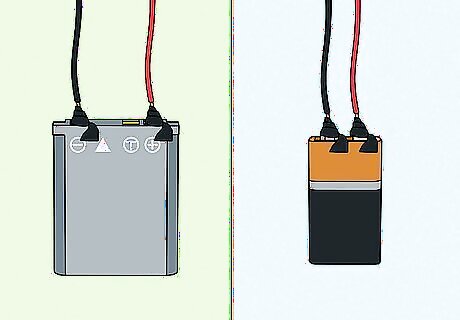
Secure the connection of the wires and the terminals of the batteries with electrical tape. Place them in a cool, dry place, away from any water or heat.
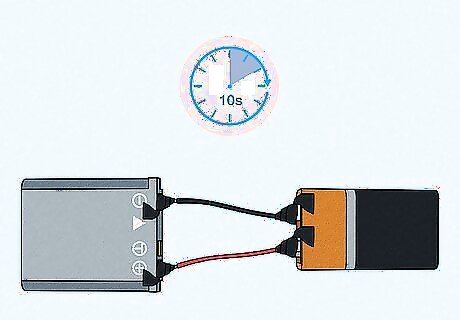
Leave the connection for up to a minute or until your cell phone battery gets slightly warm. You should check the battery every 10-seconds or so for heat.
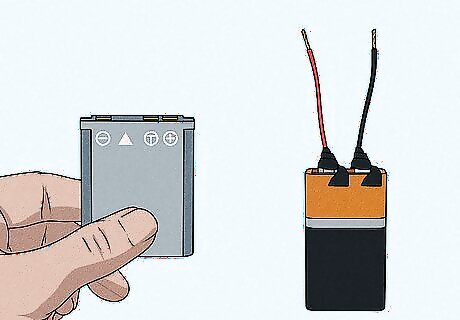
Remove the connections once the cell phone battery gets a little warm to touch.
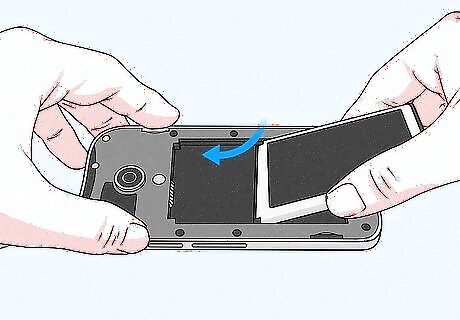
Insert the cell phone battery back into your phone and check to see if your phone powers on.
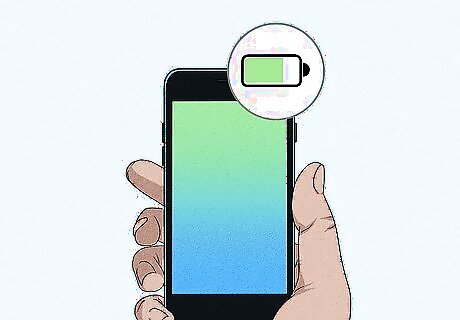
Check the battery level once your phone is on. If the level is low, plug the phone into a charger and wait until it is fully charged.
Freezing a Removable Battery
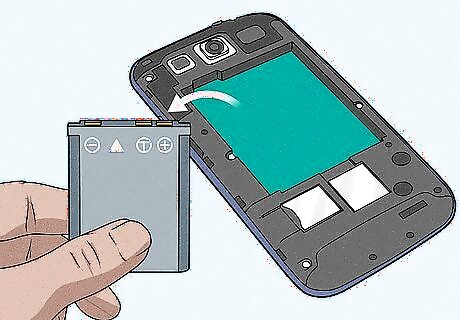
Remove the battery from your phone.
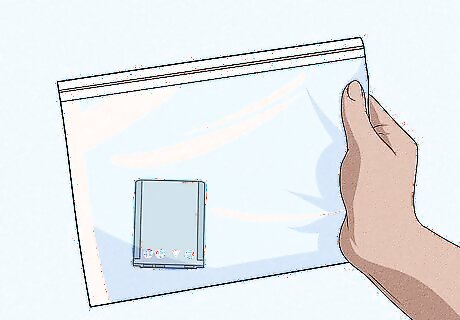
Place it inside a sealed plastic bag in addition to a sealed plastic container. This will prevent it from getting wet. Do not use paper bags or foils as water can easily penetrate these materials. For the sealed plastic container, think of a Glad or Rubbermaid container.
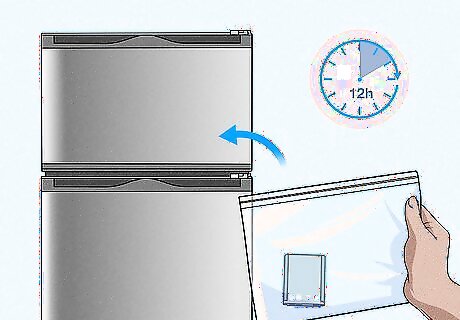
Place the sealed battery inside the freezer and leave it overnight or at least 12 hours. By exposing the battery to low temperatures such as the inside of a freezer, it allows the battery cells to recharge a little, enough to hold sufficient charge to be connected to a phone charger.
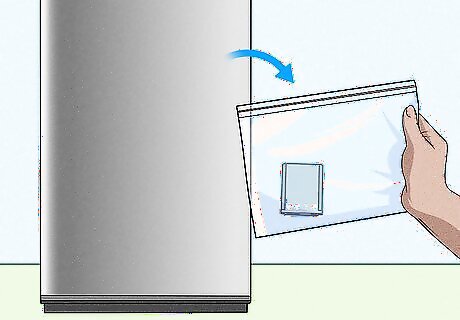
Remove the battery from the freezer. Allow it to warm up to room temperature. Do NOT use the battery while it’s still cold.
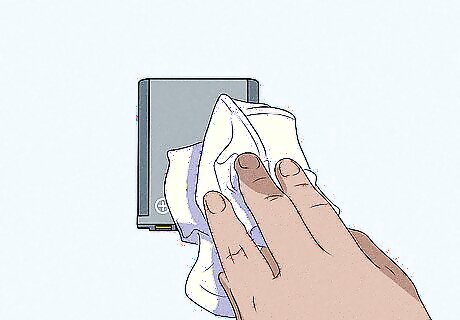
Wipe any moisture off of the battery.
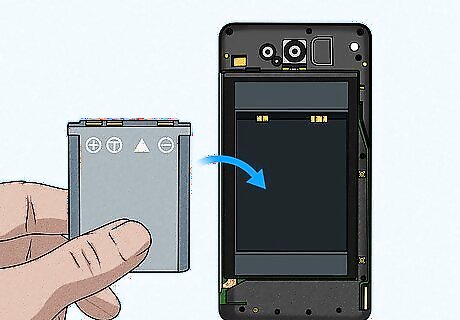
Insert it back into your phone but leave the device off. Plug the phone into the proper charger and allow the device to charge for 48 hours.
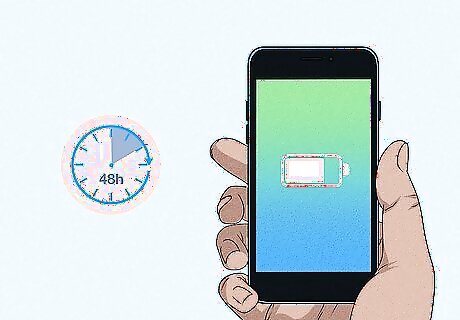
After the device has charged for 48 hours, turn the device on and check the battery's power level. You may find that your once-dead battery is revived, and is now able to hold a charge again.
















Comments
0 comment